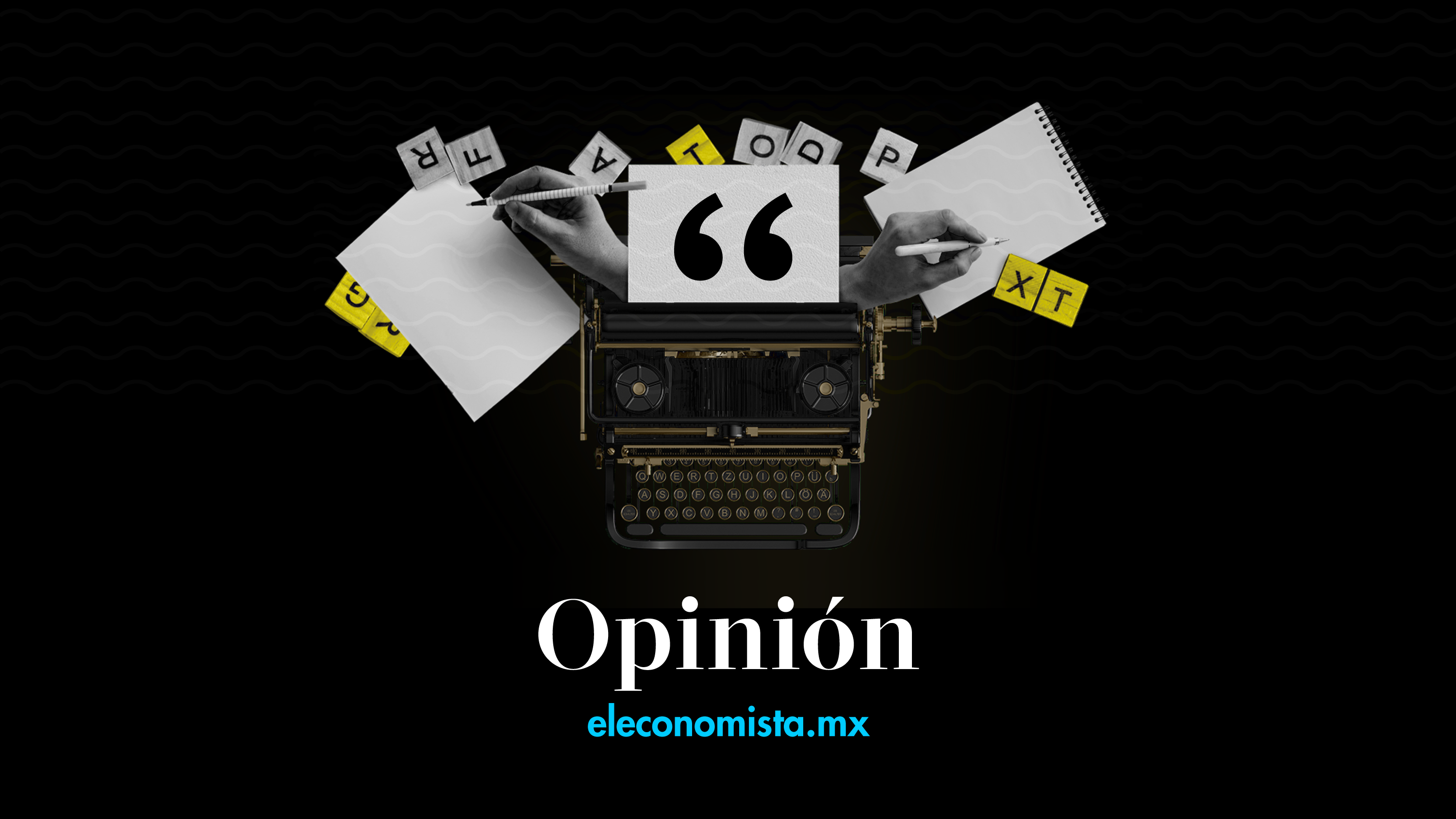Digital Economy, Taxman knocks on the door

Finally, it’s time for companies in the booming digital economy to pay their taxes right.
They will no longer be able to continue to benefit from the anti-competitive tax advantage.
The time when they could evade taxes in their home countries and in the countries in which they are physically located is over.
They will no longer be able, at least as they have until now, to argue that they pay taxes in their host countries and they will not be able to pay taxes in tax havens either.
Now, they will have to pay a minimum tax of 15% in each country in which they operate.
The tax is a financial torpedo aimed primarily at big tech companies. Most of them are American companies like Google, Facebook, Apple and Amazon. That is the principled agreement that the finance ministers of the world’s richest nations reached at the G7 this weekend.
They will still have to ratify the annual G7 Leaders Summit scheduled for June 11-13. That is likely to set a precedent for the next meeting of the 140 nations that make up the G20, in Venice in July. For now, the financial leadership of the strongest economies have agreed. United States President Joe Biden was the backbone. Contrary to the position of his predecessor, Donald Trump, who has always opposed and even threatened to impose tariffs on those who unilaterally tax transnational corporations, Biden has promoted the tax.
Treasury Secretary Janet Yellen was the executor. G7 ministers agreed in principle to a global minimum tax rate of 15 percent for multinational companies in every country in which they operate. It is an issue that the Organization for Economic Co-operation and Development (OECD) has been reviewing for years.
He coordinated tax negotiations between 140 countries on rules for taxing digital services across borders and reducing tax base erosion, including a global corporate tax minimum.
This tax could be the basis of a global compact and raise hundreds of billions of dollars for the coffers of many countries that have dried up due to the Covid-19 epidemic, while the giants of the digital economy recorded increasing returns during the crisis.
The minimum tax is expected to account for most of the $50 billion in additional taxes that, according to the Organization for Economic Co-operation and Development, companies will end up paying around the world.
Immediately, Matthias Kormann, the new leader of the OECD, said the decision would serve to end “inequality”; He noted that governments around the world need to collect taxes to cover public services.
It is very likely that Mexico will accede to this agreement. Treasury Secretary Arturo Herrera recently agreed, during a meeting with economist Thomas Piketty, on the importance of taxing these companies to combat inequality.
Herrera expressed confidence that with Biden’s ascension to the presidency of the United States, an agreement would be reached with member states of the Organization for Economic Cooperation and Development to tax digital platforms.
In fact, tax payment by Internet companies in Mexico grew by 915% in 2020. They implemented taxes on digital platforms for streaming, transportation, food delivery, and accommodation. The tax system was the most developed of the year.
According to SHCP’s tax and management report for the fourth quarter of 2020, online platforms went from contributing 595.1 million pesos in 2019 to 6.040 million pesos in 2020.
The additional growth was 5,445 million pesos to the treasury. Since last year, these internet platforms have been paying VAT and ISR.
Without a doubt, Herrera predicted and was right. At the time, no one could have imagined that the pandemic would come and collecting taxes on these platforms helped increase collection in tough times.
journalist
rich and powerful
He has worked consistently in newspapers, magazines, radio, television and the Internet, specializing in business, finance and economics for the past 31 years. He is one of three hosts of Alebrijes, Águila o Sol, a program specializing in economic issues broadcast on Foro TV.

“Award-winning zombie scholar. Music practitioner. Food expert. Troublemaker.”









